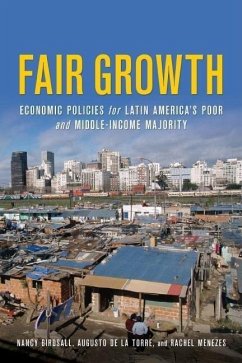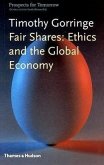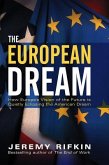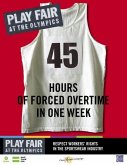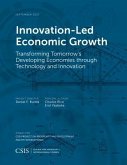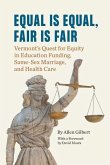Until recently, students of development have put much more energy into understanding the causes and consequences of absolute poverty than of inequality. But globalization-with its new opportunities for winners and losers, and its new insecurities and competitive pressures-is changing that. Nowhere is the issue of inequality more worrying than in Latin America, the setting for many of the world's most unequal societies. This book presents a dozen ideas or "tools" meant to make life in Latin America more equitable and fair for the great majority of its people. It suggests policies and programs for making tax structures more progressive; giving small businesses a chance; protecting labor mobility and workers' rights; tackling corruption head on; and raising the levels of quality, efficiency, and equity of the education systems. Change and reform in the direction of greater fairness will require not only political leadership and technical know-how on the part of government officials and legislators, but support and input from the progressive business community, the increasingly effective and vocal civil society, and students and intellectuals.
Hinweis: Dieser Artikel kann nur an eine deutsche Lieferadresse ausgeliefert werden.
Hinweis: Dieser Artikel kann nur an eine deutsche Lieferadresse ausgeliefert werden.

